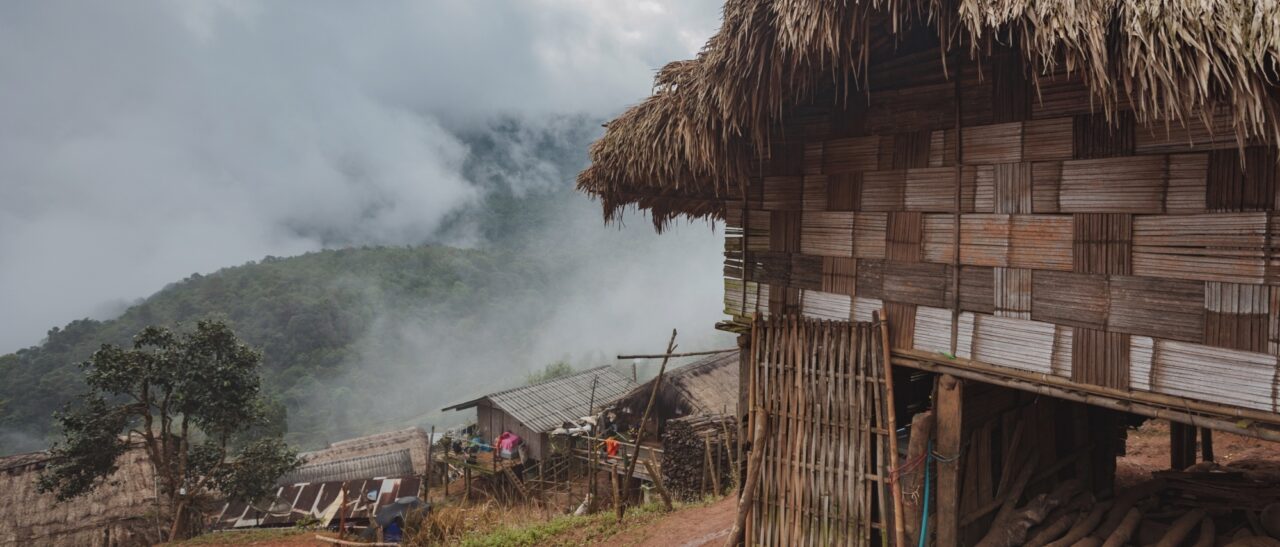
Citizenship Rights Abuse
Worldwide, an estimated 12 million people are stateless—people who hold no citizenship of any kind. No citizenship means no country claims you. No justice system protects you. There are no guarantees your children will get to go to school or you will be able to find a job that pays a fair wage.
In the mountainous regions spanning several Asian countries, including Thailand, Burma, Vietnam, Laos and China, ethnic minority groups known as hill tribes have lived in the same villages for generations. Country borders have changed and laws have developed accordingly, but many hill tribes have slipped through the cracks.
For thousands of hill tribe members, Thailand is the country of their birth, and Thai citizenship is their legal right. However, complex regulations, lack of access to resources, prejudice and government apathy block them from getting the required identification documents and registration status to prove their citizenship. Without this documentation, they are not recognized as citizens of their own country. They are stateless.
There are about 12 million stateless people worldwide [1] – of whom an estimated 20% live in Thailand [2]
About a dozen hill tribes (ethnic minority groups) live in Thailand’s northern and western highlands alone—an estimated 600,000 to 1 million people. [3]
Lack of citizenship is the major risk factor for hill tribe women and girls in Thailand for being trafficked or otherwise exploited. [4]
[1] U.N. H.C.R. “Stateless People”
[2] IRIN. “In Brief: 12 million people still stateless”
[3] Physicians for Human Rights. "No Status: Migration, Trafficking & Exploitation of Women in Thailand"
[4] "Searching for Identity," Yindee Lertharoenchok; Step by Step, UN Interagency Project Newsletter: Fourth Quarter, 2001, Issue 5.
Without the citizenship documentation that is their legal right, Thai hill tribe members may be denied care at a hospital, prohibited from owning land, and arrested for traveling outside their home district. They are not guaranteed the right to attend school or to a fair wage for their labour. Without the protection of a justice system, women and girls are particularly vulnerable to violence, like sexual abuse and human trafficking.
IJM has helped thousands of eligible hill tribe members get citizenship documentation—a right that guarantees them freedom to move about their country without fear of arrest, a right to work and educate their children, and rights to full protection of the law. IJM assists hill tribe people with the complex application process and relentlessly advocates on their behalf to move their cases through overburdened government offices that can grant citizenship.